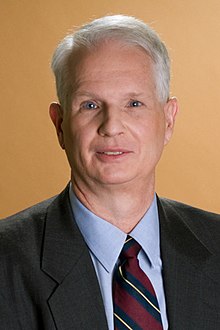Have you ever been to Cleveland Mr. Folkman?
03.26.2014
When I read Jim Folkman’s recent article in the Albuquerque Journal on the need for “downtown revitalization,” I wasn’t sure whether to laugh or cry. The basis of his article is that Albuquerque should have an attractive downtown. I couldn’t agree more. The problem is the rest of the article.
If government spends a bunch of money on amenities downtown, will that bring people in or do we need a strong economy to attract people to live in our City with a certain percentage of them being downtown? Folkman seems to advise the former (mass transit) while I’d argue the latter. Cleveland does have mass transit, but with all due respect, if downtown Cleveland is the answer, you’re asking the wrong question. Another city that has “invested” in arenas and mass transit is Detroit. Not exactly the model we’re looking for. See the following chart (taken from this study) for details on the population declines in several of the cities Folkman cites as “models.” Is this really what Folkman wants for Albuquerque?
Quite simply, I’d argue that a bustling downtown is the result of broader economic growth not the generator of that growth. I’m not sure where Mr. Folkman got his “study” which claims that “nearly 73 percent of all graduating college will move to an urban area for its attributes as much as for a job,” but this nugget of information is not convincing. I lived in Washington, DC in the mid-1990s when noted crack smoker Marion Berry was Mayor and that city’s urban core left a lot to be desired despite second-to-none amenities and a massive investment in mass transit. As Washington’s economy has grown in recent years and governance has improved within the District itself, the City’s urban core has been completely revitalized.
All downtown areas have their problems. There are plenty of bums in Washington, DC, but with a flood of office workers and young professionals in the area due to the strong job market, you hardly notice them. Downtown Albuquerque’s issues are made all the more obvious because it is like a ghost-town at most hours. A new convention center and more mass transit are not and were not the answers to downtown’s woes (I question whether the “Innovation Corridor” will have the desired impact without serious policy reforms in Santa Fe).
Downtown Albuquerque needs the same thing the rest of this state needs: Economic prosperity driven by private sector growth, in other words JOBS.







